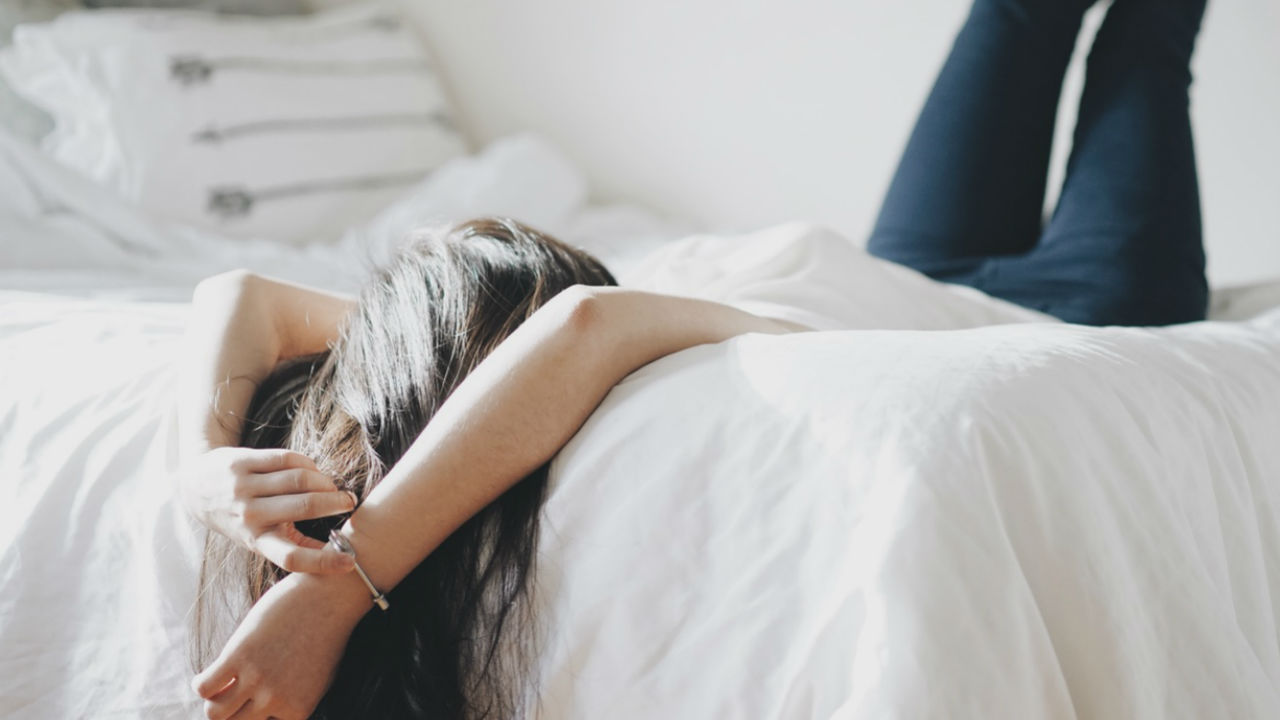Having a hard time getting a good night's sleep? Making some lifestyle changes can make it easier for you to fall and stay asleep.
1. Daily Exercise
Being active during the day can make it easier for you to fall asleep at night. Joanna Saisan, MSW, Robert Segal, MA, and Suzanne Barston, authors of the article “Tips for Getting Better Sleep: How to Sleep Well Every Night,” suggest getting twenty to thirty minutes every day. If you are not a fan of the gym, you can do simple activities at home, like taking a walk. If you are interested in joining a gym, try going with a friend who already has a gym membership: some gyms allow members to bring a guest, so it will give you an opportunity to see if the gym is right for you before you sign up. Also, going with someone else can keep you motivated.
2. Readjust Your Schedule
Take a look at your daily schedule: do you find yourself staying up late at night? Too many late nights can make it difficult to have a normal sleep schedule. The circadian rhythm is linked to the light-dark cycle: it tells your body to sleep when it is dark and to wake when it is light.
3. Watch What You Drink Before Bed
Saisan, Segal and Barston note that if you are drinking alcoholic or caffeinated beverages before going to bed, it can affect your sleep. Caffeine is a stimulant, and can still work ten to twelve hours later; the authors recommend watching intake after mid-day. Alcohol also affects sleep quality, which prevents you from getting a good night's sleep; try avoid drinking alcohol at least an hour (per serving) before going to bed.
4. Limit Naps During the Day
Do you find yourself taking naps during the day, and having problems sleeping at night? Saisan, Segal and Barston recommend a 30 minute (or shorter) nap in the early afternoon, so it will not impact your sleep later at night.
5. Create a Comfortable Sleeping Environment
Is your bedroom just for sleeping, or are you doing work on your bed? Saisan, Segal and Barston suggest making your bedroom a comfortable sleeping environment by keeping your bed just for sleeping, choosing pillows that support your head, and decreasing noise and light during sleep hours.
6. Relax Before Going to Bed
Do you find yourself anxious about work before going to bed? Try some relaxation techniques before tucking in: meditation, reading and listening to quieting music are all possibilities.
7. Try Sleep-Inducing Foods
Saisan, Segal and Barston state that you can also try sleep-inducing foods, like bananas, warm milk and whole grain cereals. However, be sure not to eat too much before going to bed: your metabolism decreases while you sleep.
If you find that you are still have problems going to sleep, talk with your doctor, as you might have a more serious problem.
----------------------------------------------------------------------------------------------------------------------------
Elizabeth Stannard Gromisch received her bachelor’s of science degree in neuroscience from Trinity College in Hartford, CT in May 2009. She is the Hartford Women's Health Examiner and she writes about abuse on Suite 101.






Add a CommentComments
There are no comments yet. Be the first one and get the conversation started!